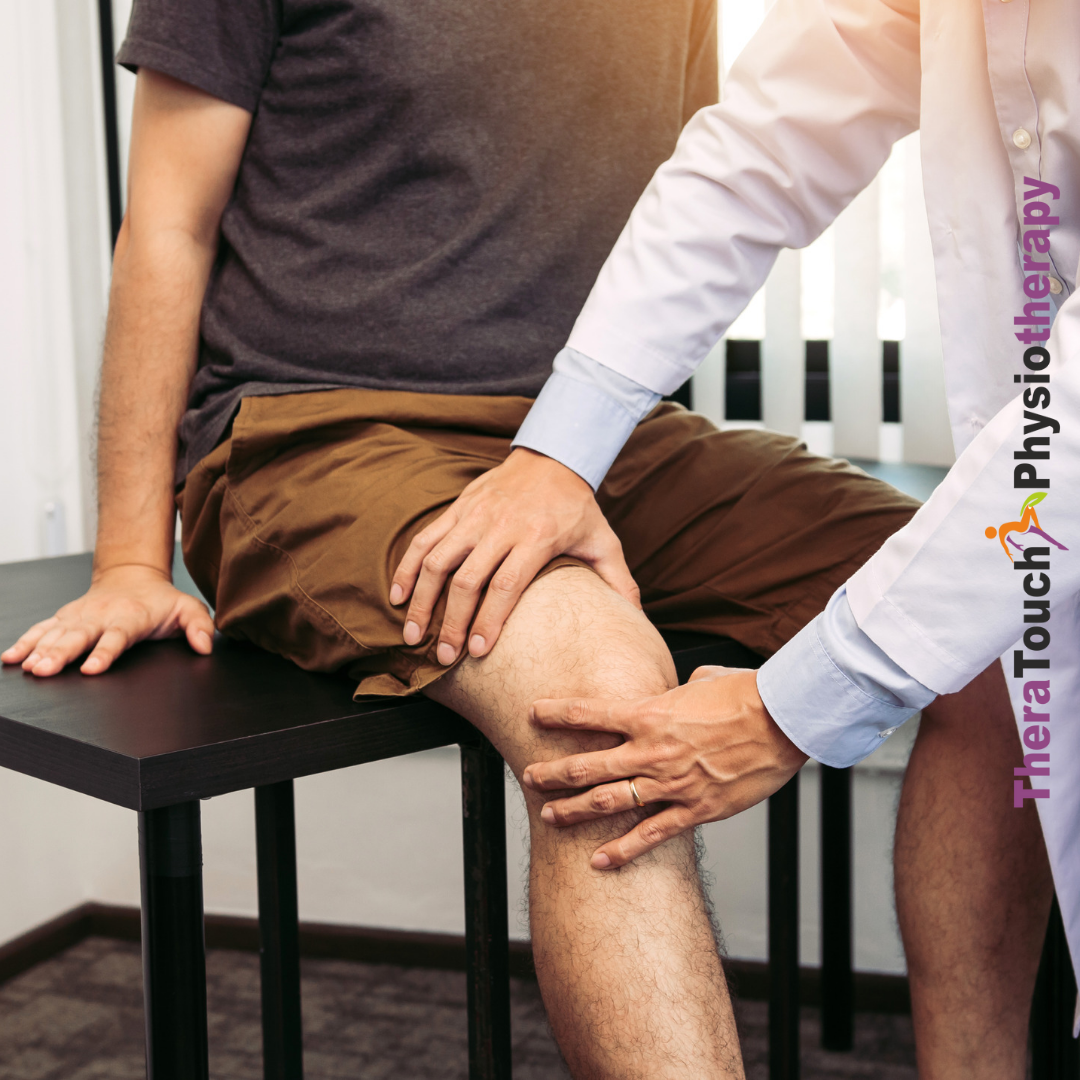Juvenile Arthritis: Causes, Symptoms, Treatments
Every July, we celebrate Juvenile Arthritis Awareness Month. This sheds light on the challenges faced by kids and teens dealing with juvenile arthritis. Unlike adult arthritis from wear and tear, this condition occurs when the immune system mistakenly attacks the body’s own tissues. It leads to constant pain, swelling, stiffness, and sometimes fever and tiredness, making everyday activities like walking and playing tough.
Why Early Help Matters
Getting diagnosed early is crucial. Specialists called pediatric rheumatologists are experts in diagnosing and planning treatments for kids. Treatments often include medicines to reduce swelling, physical therapy to keep joints moving well, and sometimes surgery. The goal is to help kids with juvenile arthritis live active lives without the condition getting in the way.
Research is vital for understanding and treating it. Scientists are working to find out what causes it, create new treatments, and even find a cure. Supporting research during this Awareness Month helps fund these important efforts, bringing hope to families affected by this condition.
The Role of Physiotherapy
Physiotherapy is key for managing juvenile arthritis. Physiotherapists create exercises that build strength, keep joints flexible, and reduce pain. They also teach ways to protect joints during daily activities and keep good posture. Fun activities like stretching and gentle aerobic exercises keep kids engaged and motivated.
Spreading the Word
It’s important to raise awareness about juvenile arthritis. Many people don’t realize kids can get arthritis and may mistake symptoms for growing pains. Using social media, community events, and working with doctors can help spread the right information. Diagnosing arthritis early means better treatment and happier kids.
Helping Families
Families dealing with this face challenges like finding good healthcare and managing stress. Special organizations offer support, information, and even financial help. Highlighting these resources during this Awareness Month helps families find the support they need.
Tips for Handling Juvenile Arthritis
If you’re a parent or caregiver, you can do a lot to help manage your child’s arthritis:
Learn About It: Understanding it helps you make better choices for your child’s care.
Stick to a Routine: A daily plan that includes medicine, exercise, and rest can help manage symptoms.
Encourage Moving: Gentle exercises like swimming or yoga strengthen muscles and keep joints flexible.
Watch Their Diet: Foods like fruits and veggies that fight inflammation are good, while sugary snacks and processed foods can make things worse.
Use Heat and Cold Warm baths or cold packs can ease pain and stiffness.
Mind Their Feelings: Living with arthritis can be tough emotionally too. Keep communication open and consider counseling if needed.
Juvenile Arthritis Awareness Month celebrates the bravery of kids and families facing this challenge. Their stories inspire us to raise awareness, improve treatments, and support each other. Together, we can create a future where it doesn’t hold back any child.

